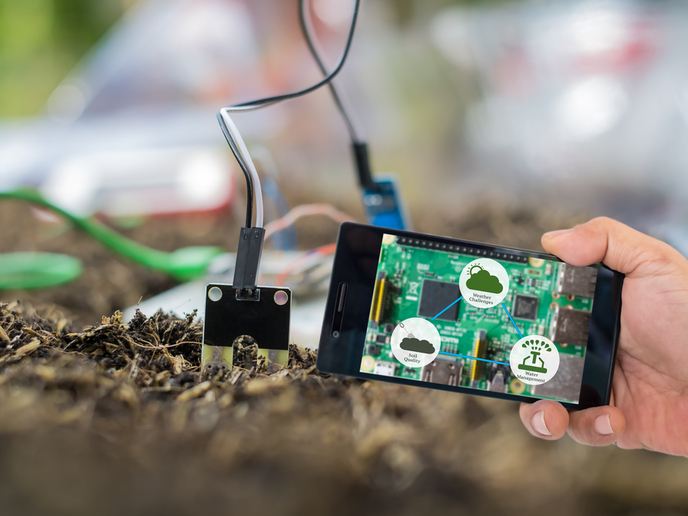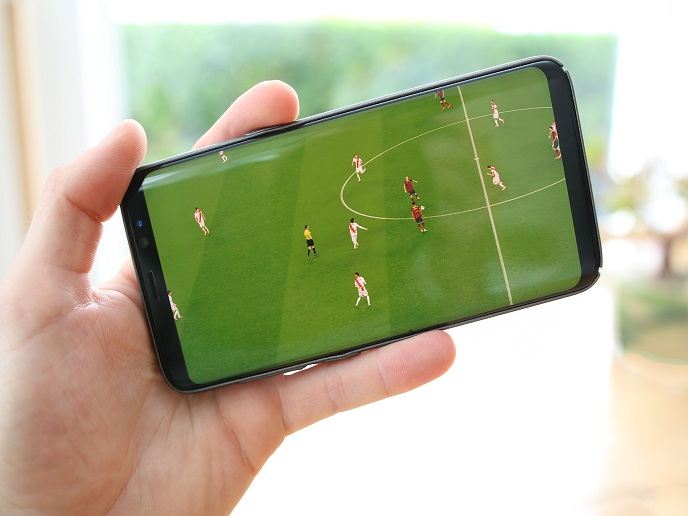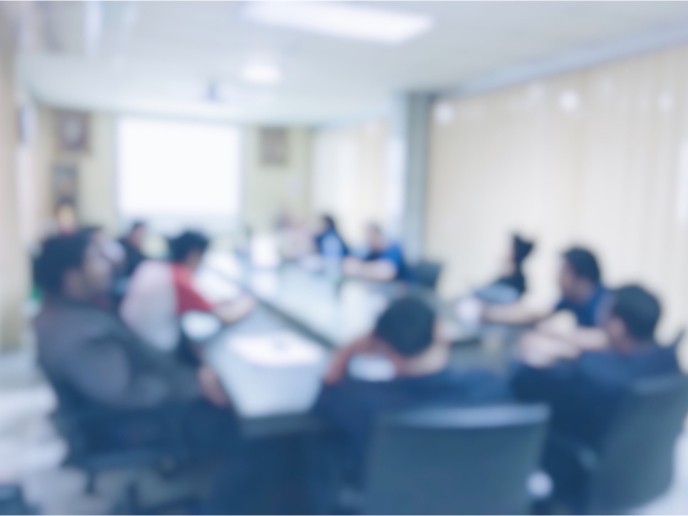Co-designing citizen participation in environmental monitoring
The overall objectives of Ground Truth 2.0(opens in new window) are to co-design and implement citizen observatories that are helpful for (local) stakeholders in achieving sustainable natural resource management,” noted project coordinator Uta Wehn. Citizen data is collected through mobile apps and social media analytics, giving citizens the opportunity to contribute important information and play a part in environmental monitoring.
From Europe to Africa
Specifically, efforts of the project’s 14-strong multi-actor consortium have resulted in citizen observatories in Europe and Africa. The initiative demonstrates that such observatories are technologically feasible, can be implemented sustainably and that they have many societal and economic benefits. The Belgian citizen observatory, Meet Mee Mechelen(opens in new window), focuses on improving dialogue between citizens and decision-makers through a platform enabling information sharing related to air quality and noise in Flanders’ heavily urbanised living environment. KlimaatRobuust St-Andries in Antwerp is being developed to provide a physical and online meeting place for citizens, scientists and policymakers to gather and share knowledge on heat stress. In Spain, through the citizen observatory RitmeNatura.cat(opens in new window), data collected by citizens on related phenomena will be used to create collective knowledge on local impacts of climate change and to improve local policies and practices. Kenya’s Maasai Mara Citizen Observatory(opens in new window) is aimed at balancing the conservation of biodiversity as well as sustainable livelihoods by getting all stakeholders to work together. The Niti Luli citizen observatory in Zambia will comprise a platform supporting existing initiatives and a community-based approach to the management of natural resources, giving communities more influence in decisions affecting their lives and livelihoods.
High-tech Resource Management
Climate change has been linked to excessive local rainfall in the Netherlands, causing severe floods. The Grip Op Water Altena(opens in new window) citizen observatory is therefore aimed at data and knowledge sharing to create action perspectives. The resulting platform includes a website with information on pluvial flooding (including historical events), information on projects from the municipality and the water board, measures that citizens can take, online questionnaires and observations. "Information that was previously only available for experts is now available to the wider public. In the case of a future flooding event, an infrastructure for communication is now available,” states Wehn. Sweden’s citizen observatory, VattenFokus(opens in new window), is focused on water quality management in socio-ecological systems. Covering the region of Södermanland, the platform targets stakeholder collaboration through data collection and access as well as knowledge exchange to complement formal governance of the area’s aquatic ecosystems. Wehn explains: “The FreshWater Watch application by EarthWatch allows citizens to measure and record the quality of water bodies and has been successfully adapted and tailored to user requirements.” It integrates a field kit to conduct measurements, with a web- and a mobile application to record and submit data, including geolocation, environmental parameters and a picture of the site.
Outreach and engagement
Project partners are raising awareness about ongoing work and developments taking place at the citizen observatories. Ground Truth Week 2019 hosted webinars, local events and workshops. The 5-day event spanned developments in Africa and Europe and provided occasion for the launch of videos(opens in new window) capturing local celebrations from several citizen observatories. Ground Truth 2.0 has collaborated with other EU-funded projects to produce the policy brief ‘Citizen Observatories – A voice for citizens in environmental monitoring’(opens in new window). Wehn sums up the project’s immediate benefits: “Via carefully designed citizen observatories, citizens – and not just scientists and professionals – can take on new roles in knowledge creation, environmental decisionmaking and cooperative planning.”







